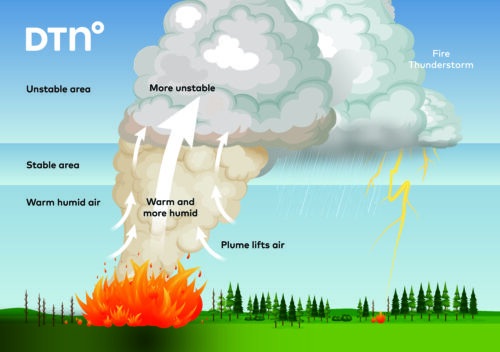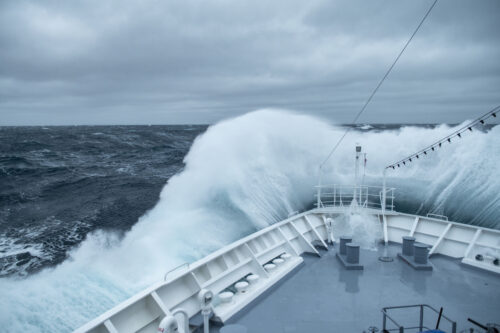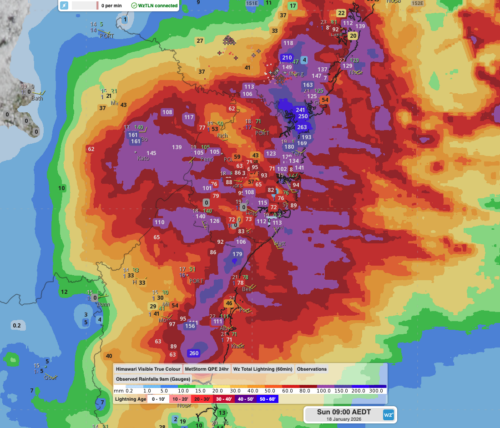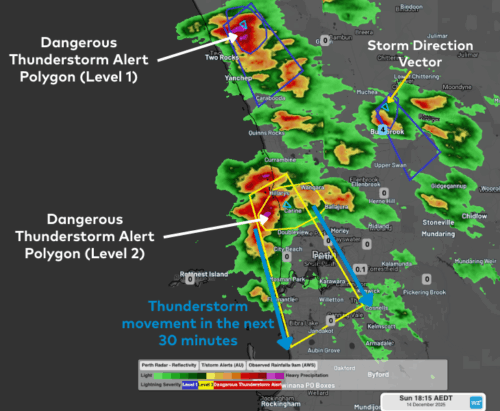Globally, July 2023 was the hottest of any month on record, surpassing the 1850-1900 temperature average by 1.5 degrees celsius. The summer heat has gripped parts of Europe and North America, igniting devastating wildfires. Further to this, Antarctic Sea ice is at a historic winter low, which cannot be easily explained by natural cycles or atmospheric circulations*.
From a climatic standpoint, our planet is venturing into uncharted territory at a disturbing pace. This newfound challenge poses its gravest danger to the most ill-prepared entities—primarily vulnerable nations spanning Africa, South Asia, South and Central America, and various island states.* A striking illustration of this issue lies in regions of island nations like Kiribati, the Maldives, and Fiji, where mere meters separate them from rising sea levels, making them exceedingly susceptible to imminent threats.**
Many of these countries currently do not have the infrastructure or capability to deal with the extreme weather and sea level rise that climate change is already delivering, let alone what is predicted for the future.

The World Meteorological Organisation (WMO) has outlaid an ambitious initiative to deliver early life-saving warnings for everyone on Earth by 2027. Doing so through four key pillars:
• Disaster risk knowledge and management
• Detection, observation, monitoring, analysis, and forecasting
• Warning dissemination and communication
• Preparedness and response capabilities.
In line with the above, DTN APAC, a DTN company, believe that the private sector has an obligation to help deliver on the WMO initiative through close collaboration with National Meteorological Services, governments and NGOs. At DTN we are fortunate to deliver across almost all four pillars, using the latest in science and technology to help feed, fuel and protect the world. For more information on how we can help contact apac.sales@dtn.com.






